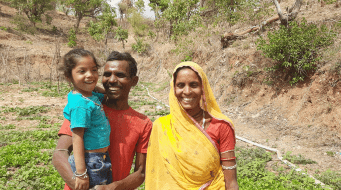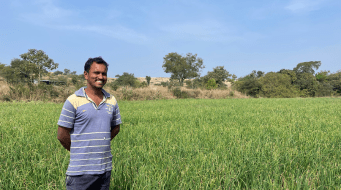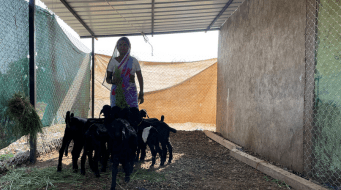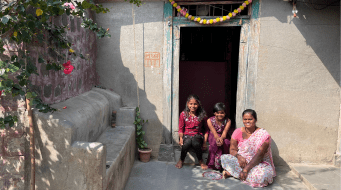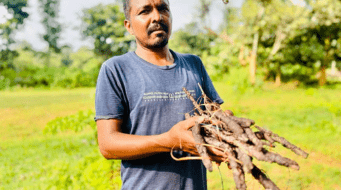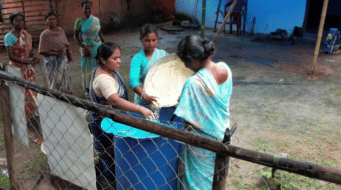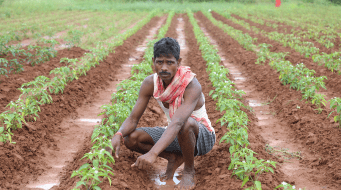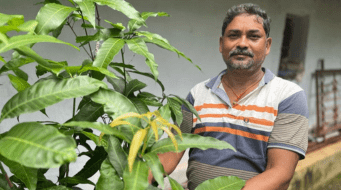Years of low yields took a toll, but Kamli Bai refused to surrender. During the Rabi season, she worked tirelessly to establish a 0.1-hectare demo plot, her actions echoing the efforts of nine other farmers in Modwa village. Selected by the Village Development Committee and guided by WOTR, Kamli Bai diligently implemented every step, determined to prove these new methods could work. This year, a remarkable change swept through Kamli Bai’s fields.
Sign up for our newsletter
Keep up with the latest news and updates.
Subscribe to ‘Rejuvenate’ – our Monthly News Digest.

